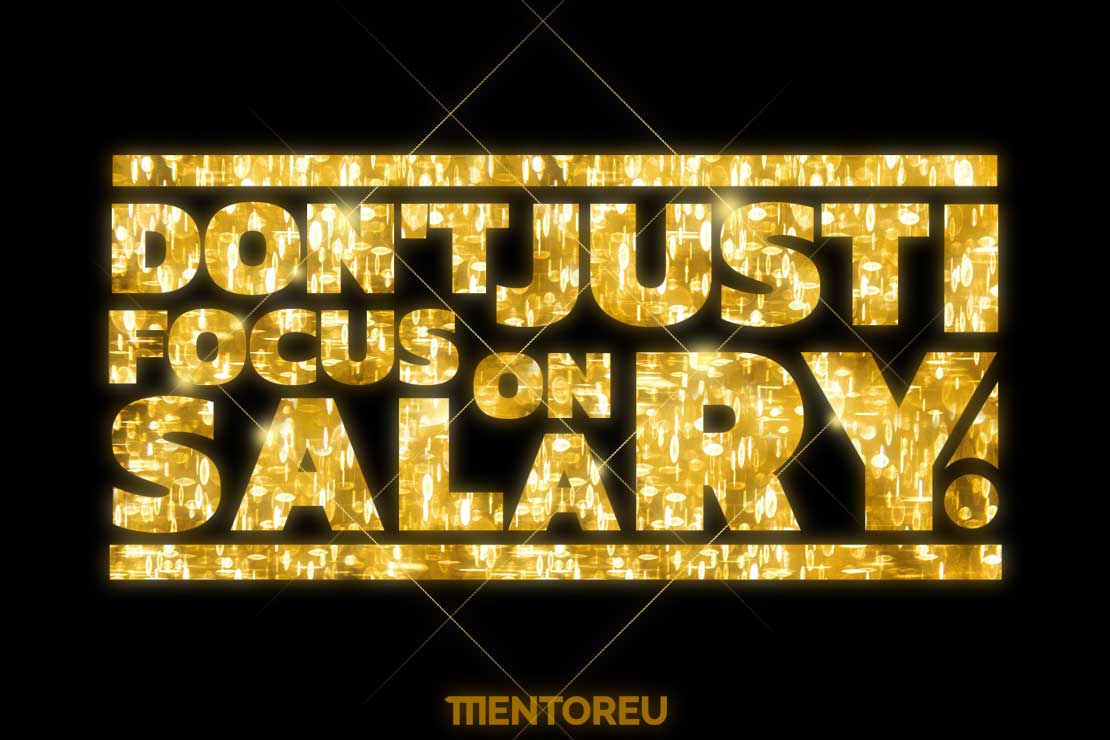When professionals actively seek new job opportunities, it’s easy to focus solely on salary. While compensation is undoubtedly important, making a career move entails much more than just the pay check. To avoid future regrets and ensure a well-rounded decision, candidates should critically evaluate job offers and ask themselves essential questions. Here are seven crucial inquiries to consider before accepting a new position.
1) What Am I Overlooking?
In the excitement of a new opportunity, candidates often overlook significant factors that could impact their job satisfaction. This could include the company’s financial stability, its position in the industry, or even the specific responsibilities of the role. Take the time to read through the job description carefully and research the company. Look for any red flags, such as high turnover rates, or ambiguous job expectations. Understanding these factors can prevent surprises after starting the job.
2) What’s the Company Culture Really Like?
Company culture can greatly influence your job satisfaction and overall happiness. During the interview process, observe the interactions among employees. Are they friendly and supportive, or do they seem disengaged? Don’t shy away from asking current employees about their experiences. Questions like, “What do you enjoy most about working here?” or “How does the company support employee well-being?” can provide insights into the culture. A positive company culture can lead to a more enjoyable work environment and better collaboration among colleagues.
3) What’s My Prospective Boss Really Like — and Will We Click Both Personally and Professionally?
Your relationship with your manager can significantly impact your job experience. It’s essential to assess whether your prospective boss’s management style aligns with your work preferences. Consider asking about their leadership approach during the interview. You can also probe deeper by inquiring about their feedback style or how they support team members’ development. Compatibility on a personal level can lead to a thriving professional relationship, fostering an environment where you can excel.
4) What’s My Potential for Growth at the Organization?
Understanding your potential for advancement within the company is crucial. Ask about the career paths available and what kind of training and development opportunities the company provides. Inquire whether there are programs for mentorship or professional development, and if promotions are based on merit. A company that invests in its employees’ growth not only enhances your skills but also boosts your job satisfaction and future earning potential.
5) What Relationships Am I Going to Build?
Networking and building relationships in the workplace can have lasting effects on your career. Consider the colleagues you will work with and how those relationships might evolve. Are there opportunities to collaborate with other departments or engage in team projects? Ask about the team dynamics and consider how your role will contribute to the larger organizational goals. Strong workplace relationships can lead to a supportive work environment, greater job satisfaction, and enhanced career opportunities.
6) Beyond Salary, What Else Can I Negotiate That Would Benefit Me in This Role?
Salary is often the focal point of job negotiations, but it’s essential to explore other benefits that may enhance your overall compensation package. Ask about health benefits, retirement plans, bonuses, flexible working hours, remote work options, or additional vacation days. Sometimes, companies may have more flexibility in these areas than they do with salary. Emphasizing benefits that contribute to your work-life balance can lead to a more fulfilling work arrangement.
7) What’s My Exit Strategy?
While it’s essential to focus on your new role, it’s equally important to consider your long-term career trajectory. Ask yourself what skills you hope to acquire and how this position will help you achieve your career goals. Additionally, consider how easily you could transition to another role or industry if needed. Understanding your exit strategy not only prepares you for unforeseen circumstances but also provides clarity on how this job fits into your overall career narrative.
Conclusion
Finding a job is indeed a significant milestone, but it’s crucial to approach the process thoughtfully and critically. By asking these seven questions, job seekers can gain a clearer understanding of what they want and need from their next position. Beyond just salary, assessing company culture, growth potential, and the relationships you’ll build can lead to a more satisfying career. Informed decisions now will help prevent future regrets and pave the way for a rewarding professional journey.
Senior executive career transitions are complex projects. Personalised career coaching can be a game changer in obtaining your goals faster. Book your call today!


